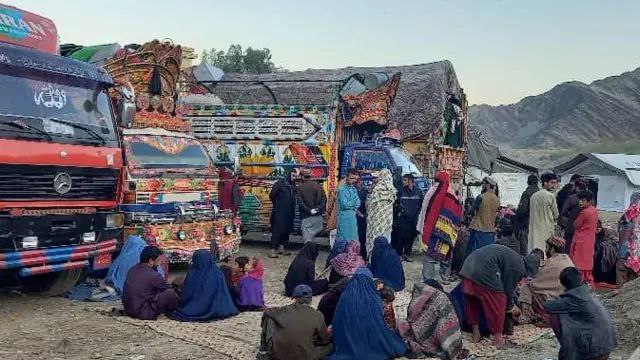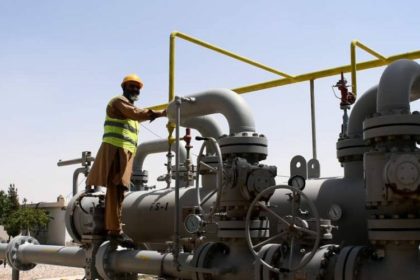RASC News Agency: The United Nations High Commissioner for Refugees (UNHCR) has sounded the alarm over a dramatic escalation in the detention and expulsion of Afghanistani migrants in Pakistan, reporting that the provinces of Balochistan and Punjab have borne the brunt of this humanitarian crisis.
In its latest report, released on Friday, 14 November, UNHCR notes that thousands of migrants were apprehended in Chagai and Quetta in Balochistan and Attock in Punjab before being forcibly returned to Afghanistan, a country already reeling under economic collapse, widespread food insecurity, and the authoritarian rule of the Taliban regime.
According to the report, 2025 has witnessed the highest number of Afghanistani migrant detentions in Pakistan in recorded history. From 1 January 2025, a staggering 100,971 migrants were detained, compared to 9,006 in 2024 and 26,299 in 2023, highlighting an unprecedented acceleration in forced returns. Of those detained this year, 76 percent were either ACC cardholders or undocumented migrants, while 24 percent were registered under the PoR (Proof of Registration) system.
The UNHCR report details that the Pakistani government has issued two major directives in 2025: the first ordering the expulsion of Afghanistani migrants from Islamabad and Rawalpindi, and the second authorizing the detention of PoR cardholders. These measures, coupled with a significant reduction in humanitarian aid, have left thousands of families in dire conditions, reliant on limited local resources in Pakistan prior to deportation.
Following heightened tensions between Pakistan and the Taliban, the pace of forced returns has accelerated, with approximately 10,000 Afghanistani migrants expelled daily in recent weeks. Humanitarian observers warn that Afghanistan remains ill-prepared to absorb these returnees, with border provinces lacking basic infrastructure, healthcare, and food security.
The UN report highlights the role of the Taliban regime in amplifying the humanitarian emergency. Since their return to power in August 2021, the Taliban have systematically restricted economic activity, curtailed women’s participation in public life, and dismantled essential social services, leaving Afghanistani families unable to provide for themselves even under normal circumstances.
The mass expulsion of migrants from Pakistan intersects with this governance failure, creating a perfect storm of displacement, insecurity, and vulnerability. Women and children are especially exposed, facing restricted access to education, healthcare, and basic civil protections. Analysts warn that without accountability and systemic reform from the Taliban, the inflow of returning migrants will only exacerbate chronic poverty and social instability.
The UNHCR underscores that coordinated international intervention is urgently needed. Recommendations include:
• Immediate humanitarian support for returning Afghanistani migrants, including shelter, food, clean water, and healthcare.
• Pressure on the Taliban regime to allow access for international aid organizations and ensure basic rights for returnees.
• Engagement with Pakistan to implement phased and voluntary return programs rather than mass expulsions.
Without urgent action, UN officials warn that the current mass return of Afghanistani migrants will deepen Afghanistan’s humanitarian crisis, destabilize already fragile border regions, and leave tens of thousands at heightened risk of displacement, malnutrition, and exploitation.






